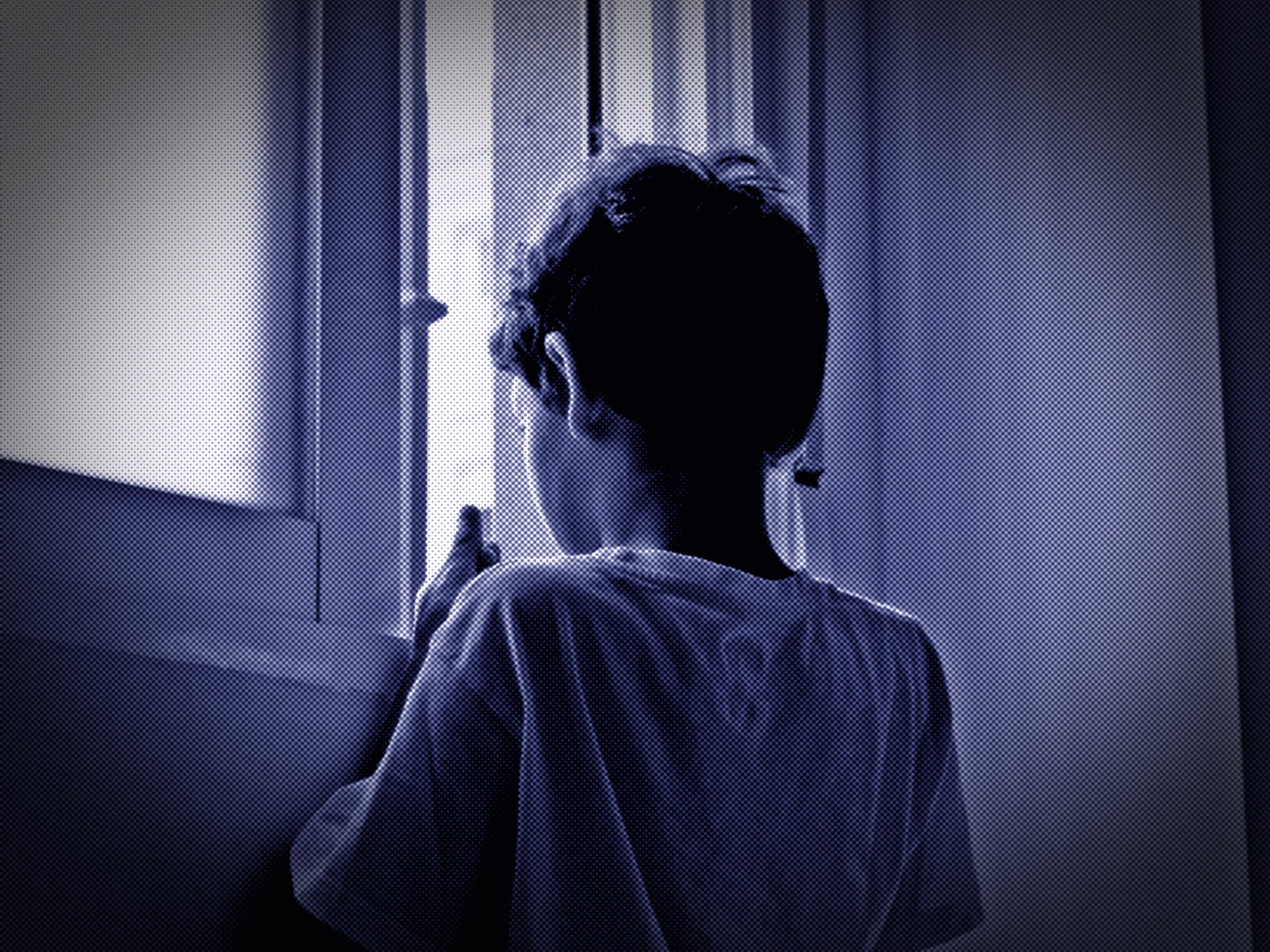Almost one-third of council funding spent on children’s social care amid surge in referrals
Finances at ‘breaking point’ with some placements for vulnerable children costing £1m a year
Your support helps us to tell the story
From reproductive rights to climate change to Big Tech, The Independent is on the ground when the story is developing. Whether it's investigating the financials of Elon Musk's pro-Trump PAC or producing our latest documentary, 'The A Word', which shines a light on the American women fighting for reproductive rights, we know how important it is to parse out the facts from the messaging.
At such a critical moment in US history, we need reporters on the ground. Your donation allows us to keep sending journalists to speak to both sides of the story.
The Independent is trusted by Americans across the entire political spectrum. And unlike many other quality news outlets, we choose not to lock Americans out of our reporting and analysis with paywalls. We believe quality journalism should be available to everyone, paid for by those who can afford it.
Your support makes all the difference.Almost one-third of council funding is being spent on children’s social care, new analysis has revealed; with rising need putting local authorities at risk of filing for bankruptcy.
Thousands more vulnerable children have been referred to local authorities following the pandemic and councils have been spending more to keep up with the surge in need.
A group of 47 urban local authorities in England, the Special Interest Group of Municipal Authorities (Sigoma), have warned that some councils are spending close to half their funding on children’s social care services.
The average Sigoma council member now spends 29 per cent of their core spending power on children’s services, compared to just 15 per cent in 2011/12, the analysis revealed.
Nearly 84,000 children are currently looked after by local authorities – a record high – the latest government data shows.
Councils in the poorest areas have been impacted the most, with the top 15 most deprived authorities more than doubling their spending on children’s services as a proportion of overall budgets.
Money spent on children’s services has gone from 15 per cent of these councils’ spending in 2011/12, to 31 per cent now.
In Blackpool, spending on children’s services has gone from a proportion of 15 per cent to 45 per cent.

Chair of the council’s association Sigoma, Sir Stephen Houghton, said that the rise in spending on children’s services is pushing more councils to the brink of filing for bankruptcy.
Ten per cent of local authorities surveyed by Sigoma said that they were considering issuing a Section 114 this year – a notice that tells the government the council is about to reach an unlawful level of overspending.
Sir Stephen said: “Our members are telling us that some specialist placements for the most vulnerable children can cost as much as £1m per year, with many costing between £250,000 and £750,000.
“These demand-led pressures are leaving councils financially stretched and at breaking point.”
Jim Hobson, Blackpool council cabinet member for children’s services, said: “Each year we are expected to save tens of millions of pounds without any reduction in the demands on our most significant services, like children’s and adult social care.”
Councils across the country have been experiencing an increase in referrals of vulnerable children, The Independent revealed in July. Around 283,000 children needed county council support this year, a rise of 16,000 over the past year.
Out of 36 county councils, 30 had overspent their budgets by a combined £316m. Children’s social workers said the increase in need was a result of the pandemic and the cost of living crisis.
“Increased poverty, increased mental health problems, increased domestic abuse are all contributing to the surge in referrals,” Patriche Bentick, a member of the British Association of Social Workers, said.
A Department for Education spokesperson said: “We are transforming the children’s social care system to focus on more early support for families, reducing the need for crisis response at a later stage.
“Profiteering in the children’s homes market is wholly unacceptable, which is why we are working with Ofsted and the sector to develop a new financial oversight regime. We are also investing £259 million to support local authorities to create more placements for children in high-quality and safe homes.”

Join our commenting forum
Join thought-provoking conversations, follow other Independent readers and see their replies
Comments